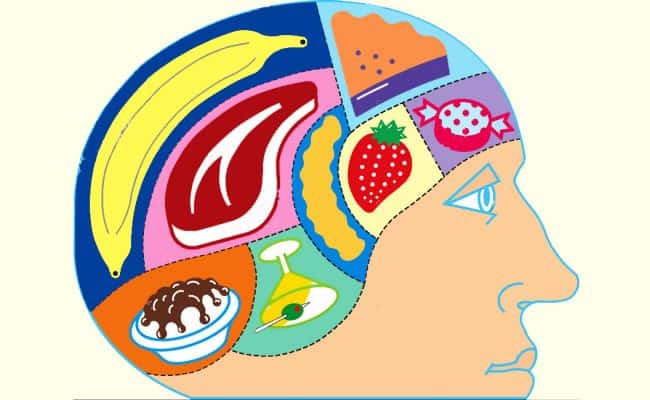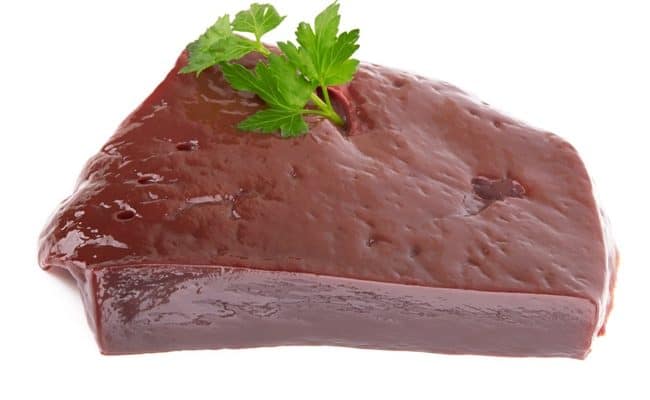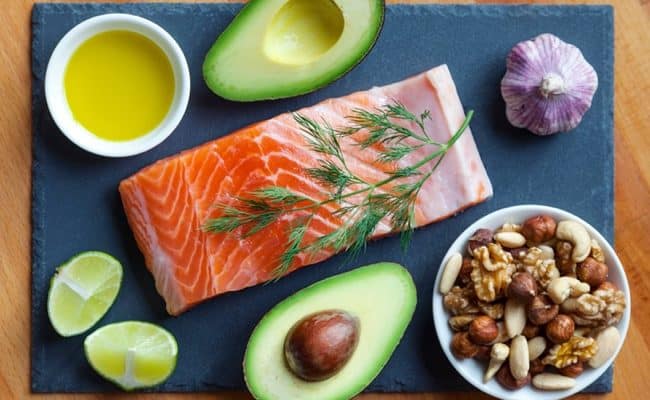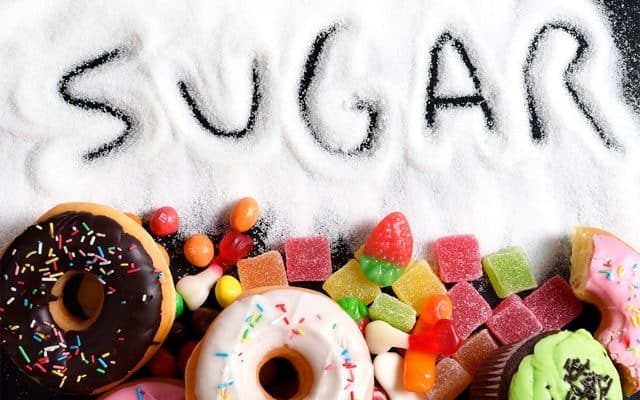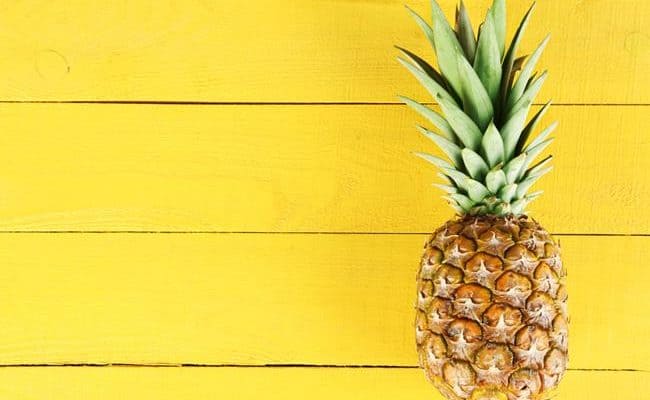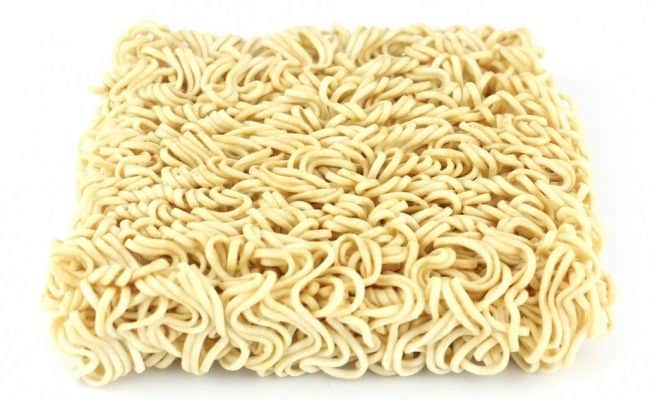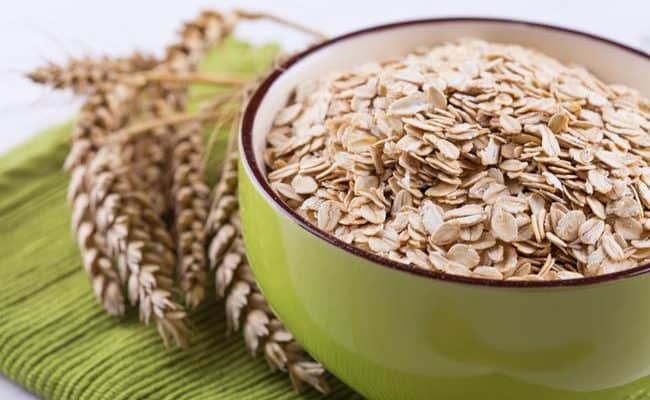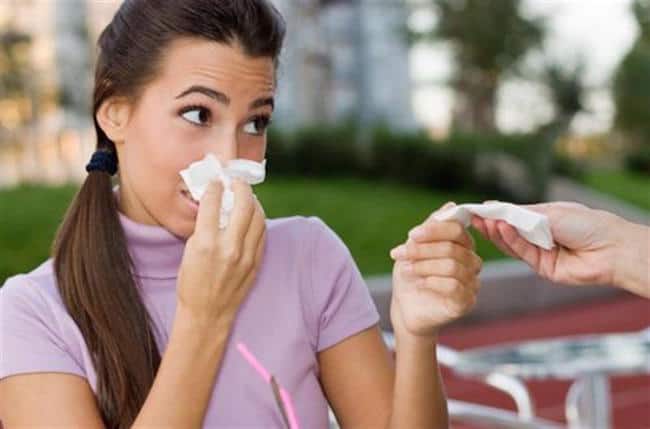
With temperatures dropping and people spending more time indoors, common colds are rife throughout the winter, and are responsible for a large proportion of absenteeism from work and school not only in winter but year round.
We are constantly bombarded with information regarding miracle ‘cures’ and magical substances that will stop us from getting cold, reduce the number of colds we get or at least reduce the severity of the symptoms. Dietary supplements of vitamins, minerals and other supplements are commonly used to prevent colds, however, there is varying levels of evidence supporting these supplements and very few have actually be proven to be effective.
Supplements can be expensive, and some can even be dangerous or have undesirable side effects if taken for a long period of time, so it is important to know if these products are likely to be effective or are simply a waste of money.
Vitamin C
Taking vitamin C tablets as a way to prevent colds is one of the most popular preventative measures. Consequently there have been a huge amount of scientific studies done into its effectiveness, with varying results.
In more than 30 studies evaluating the effectiveness of daily vitamin C supplementation in over 10,000 individuals, there was no significant indication that taking vitamin C prevented colds or that those taking vitamin C got fewer colds than those who did not. There was also no obvious reduction in the severity of cold symptoms with vitamin C, however overall it seemed that the duration of the cold was significantly decreased when taking vitamin C, with an approximate reduction of 10% in adults and 15% in children.
The Verdict: May shorten duration of colds if taken before the onset of the cold, but unlikely to prevent you catching one in the first place.
Echinacea
Echinacea as a preventative measure for colds in widely used throughout the world, however, there is mixed evidence as to its effectiveness for this purpose, and it seems that different preparations may have differing effects.
A Cochrane review of 16 clinical trials concluded that the evidence suggested that some preparations based on Echinacea purpurea may be effective in shortening the duration and decreasing severity of colds when taken after onset. There was no evidence that taking Echinacea to prevent colds was effective, although only two studies investigated this.
Despite the majority of studies having very mixed or inconclusive results, one recent study carried out at the University of Cardiff, has suggested that Echinacea does have preventative effects, with participants getting less colds when taking the preparation compared to those who took a placebo.
However, there is some question as to the validity of the study with suggestions that it fails to include funding sources, selectively reports results and does not include enough detail as to possible negative effects. The study also focused on one specific preparation made by a particular company, rather than a range of different ones.
The Verdict: Echinacea may be effective in reducing symptoms and duration after the onset of the cold, however, further investigation as to its effect in preventing onset is needed. Echinacea should not be given to children, who are risk of an allergic reaction, but rarely produces negative effects in adults.
Ginseng
Ginseng has also become a highly popular cold remedy around the world. A systematic review of the evidence supporting its use for this purpose in 2011 analysed five studies which investigated the use of North American or Asian ginseng root extract on cold prevention and treatment, but gave mixed results.
It was concluded that there was insufficient evidence that ginseng reduced the incidence or severity of colds, however there did seem to be some effectiveness in shortening the duration of colds when American ginseng taken preventatively for 8 to 16 weeks.
The verdict: Although there may be some benefit to taking American ginseng for shortening the duration of colds, it should not be taken without consultation with your doctor due to possible side effects and dangers in people with some medical conditions.
Zinc
A recent review of studies carried out into the effectiveness of zinc in cold treatment and prevention suggested that there is potential for this supplementation to have good effects. The review analysed data from 15 trials and it was concluded from the available evidence that zinc supplementation within 24 hours of the start of the cold symptoms may reduce both duration and severity of the cold.
Long term supplementation also appeared to reduce cold incidence, however it is unclear as the dosages and durations of treatment required to get the best effects and further research is needed into this area and the potential for zinc lozenges. Long term zinc supplementation can also cause undesirable side effects such as nausea and metallic mouth taste.
The Verdict: Zinc supplementation may be effective in preventing the common cold, however, as there are possible negative side effects, always consult with your doctor as to if this supplementation is suitable for you and what dosage should be taken.
Garlic
One of the more traditional cold remedies, many people still believe in the effectiveness of a good garlic hit. This use is probably based on traditional uses, as well as some evidence that garlic has antibacterial and viral properties.
Currently, few randomised controlled trials investigating the effect of garlic on reduction of symptoms or duration of the cold have been done, and further investigation is required. One study did find that participants who took garlic instead of a placebo for three months had fewer colds, however, larger, better quality studies are required before a scientifically based recommendation can be made.
The verdict: There is no reliable evidence to support the use of garlic in cold prevention or treatment, however, the only known side effects are odour and skin rashes, so taking garlic may not do any harm.
The Placebo effect
Whilst some popular cold remedies are not backed up strongly by scientific research, it seems that there is some evidence that the placebo effect may have a stronger effect in treating colds than actual remedies.
A study with over 700 participants found that those that took pills to treat their colds, no matter if they contained Echinacea or nothing at all had their colds for a shorter duration and had less severe symptoms than those who took nothing. This suggests that if you believe in the treatment, there may be benefit, even if there is no evidence to support the actual substance as a treatment for colds.
What can you do to prevent a cold?
Most people will suffer from a few colds per year no matter how fastidious they are. The best way to avoid these viruses is to wash your hand regularly and not to cough or sneeze into your hands where possible. A healthy diet rich in fruit and vegetables, along with exercise also seems to reduce the risk of catching a cold. Evidence also suggests that smoking and drinking alcohol also increases the likelihood of catching a cold.
References used in this article

